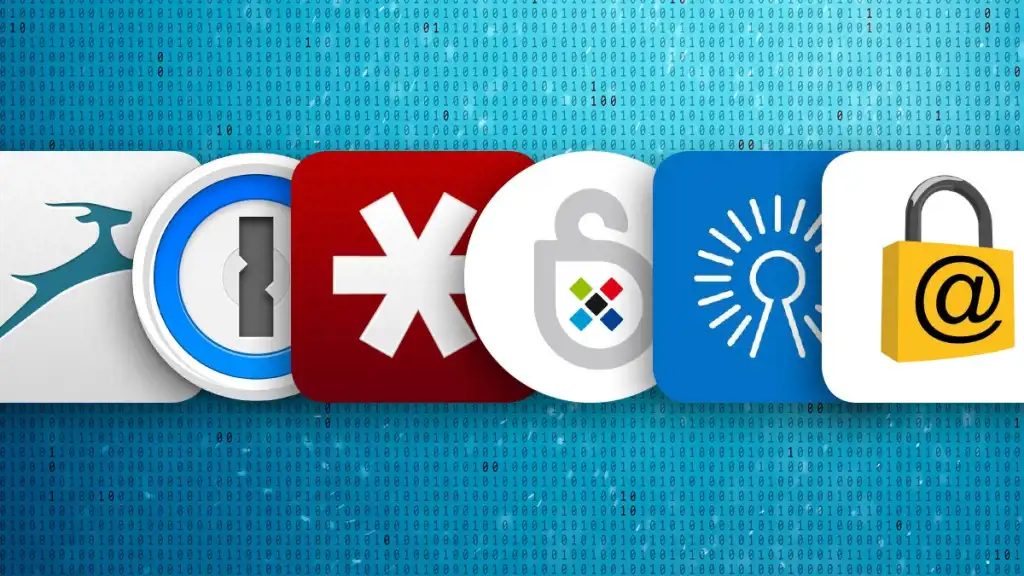Short Answer: YES! You can proudly say that password managers are safe to use!
Most cybersecurity experts agree that it’s relatively safe to use a password manager rather than creating the same password for each account. Some people argue that it’s easy to create a new password for each account and remember it without a password manager. What they often end up doing is creating a simple password for one account and then adding numbers at the end for each subsequent password.
This trick works for many people, but there are some problems with it:
- You are still vulnerable because it would be pretty easy to guess your pattern once your main password is guessed.
- The basic password you select is often not a complex one.
- It becomes tiring and difficult when you sign up at many places (the average user has at least 20 passwords to remember; many have over 100 logins, and some people, like me, have 200 passwords to remember).
- It can be cumbersome to type the password on each website.
- Some people end up saving their passwords in notes or writing them on paper (which is far too dangerous).
Benefits of Using a Password Manager
The main benefit of using a password manager is that you don’t have to remember any passwords. Here are some advantages:
- All your passwords are safe, and you only need to remember one password to access them all.
- You can create a separate and secure password for each account.
- When you open your password manager, you will see a list of the websites where you have signed up, allowing you to delete accounts/services you no longer need. Without a password manager, you might forget where you have signed up.
Security of Password Managers
- Your passwords are encrypted in a password manager, so even the company providing the password manager can’t see your passwords.
- The security of a password manager is similar to that of a bank account; it’s the highest form of security.
- A browser plugin can help you automatically enter your passwords, protecting you from keyloggers.
- Password managers check the URL of the website you are typing in the browser, which helps protect you from phishing.
Which is the Best Password Manager?
To answer this question, we will look at the types of password managers currently available:
Offline Password Manager
An offline password manager creates a database of your passwords on your local machine, which is not exposed to the internet. If you have multiple machines, it won’t sync automatically across all of them, and you are responsible for backing up your data. If your system crashes, all your passwords could be lost.
Recommended Offline Password Manager: KeePass
KeePass is an open-source password manager that works great and comes with tons of plugins, such as plugins to auto-fill passwords and auto-type your password in the browser.
Online Password Manager
Unlike offline password managers, online password managers store data in the cloud and sync it across all your devices. You don’t have to worry about which device you are using; all your passwords are safe in the cloud and easily accessible.
However, ease of access is not free; most password managers in this category have a monthly subscription fee. There are many different password managers available, each with its own features.
Recommended Online Password Manager: 1Password
1Password is my personal favorite.
List of Features for 1Password
- Best design
- Ease of use
- The best security in the market
- You can also store your two-factor authentication
- Excellent support
- Different plans for different needs
- Trusted by millions
Let us know in the comment section what your personal favorite is.
If you liked this, please share it with your friends. You should also check out the Best Way to Store Your Photos.
Also, let us know in the comments: Are password managers safe to use? What is your view on that?
